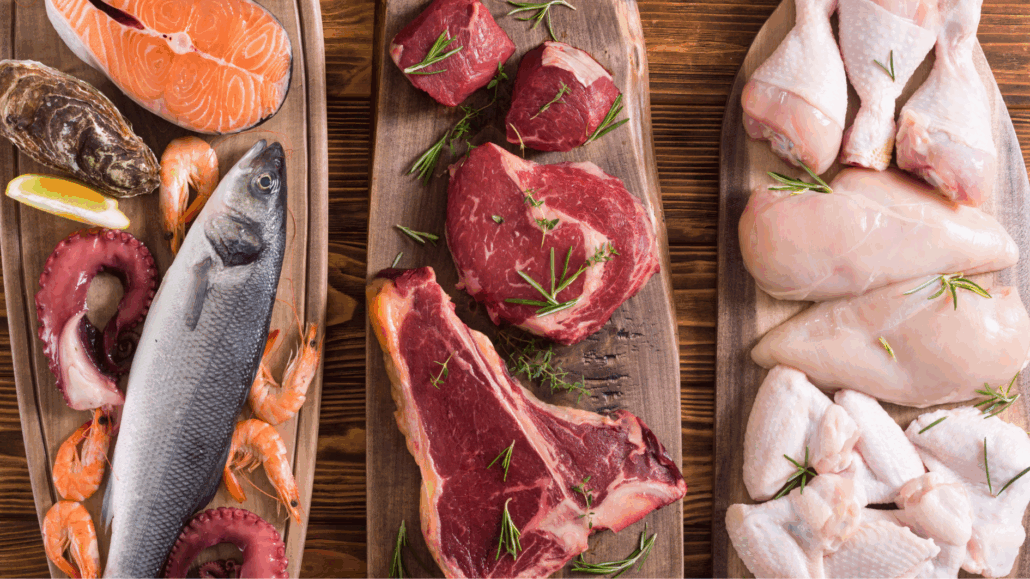We include products in articles we think are useful for our readers. If you buy products or services through links on our website, we may earn a small commission.
Your Gentle Guide to Starting a Carnivore Lifestyle: Avoiding Common Mistakes

Table of Contents
Embarking on a new way of life focused on animal-based nutrition can be an exciting journey toward improved well-being. The carnivore lifestyle, which emphasizes meat, fish, and other animal products, has garnered significant attention for its potential benefits. However, like any major shift in your nutritional approach, it’s essential to proceed with care and a solid understanding of how your body will adapt. This guide is designed to help you begin this journey safely, providing a clinical lens on how to navigate the initial stages and avoid common mistakes.
1. Acknowledge the Adaptation Period
One of the most common oversights for newcomers is underestimating the body’s adaptation phase. As your system transitions from using carbohydrates as a primary fuel source to utilizing fat and protein, it’s natural to experience temporary changes. These can include fatigue, headaches, or digestive shifts. This is often referred to as the “keto flu” and is a normal part of the process.
The Clinical Perspective: This adaptation is a sign that your body is re-calibrating its metabolic pathways. Ensuring adequate hydration and electrolyte intake (sodium, potassium, and magnesium) is crucial during this period. Many people find that supplementing with these essential minerals can significantly ease the transition and mitigate discomfort.
2. Focus on Nutrient Density and Variety
The carnivore way of life is often simplified to “just eating meat.” While this is the foundation, a successful and sustainable approach involves a thoughtful selection of nutrient-dense animal foods. A common mistake is to rely solely on muscle meat, which can lead to deficiencies in certain vitamins and minerals.
The Clinical Perspective: A truly comprehensive carnivore lifestyle should include organ meats, such as liver and heart, which are rich sources of bioavailable vitamins A and B, iron, and coenzyme Q10. Incorporating a variety of fatty cuts of meat, eggs, and seafood (like salmon and sardines for omega-3 fatty acids) ensures a broader spectrum of essential nutrients, supporting overall health from the cellular level.
3. Understand the Importance of Electrolytes
Without the carbohydrate-rich foods that typically provide a large portion of our water and electrolytes, a carnivore lifestyle can lead to an initial loss of these crucial elements. Many beginners experience issues like muscle cramps and lightheadedness, which can often be traced back to an electrolyte imbalance.
The Clinical Perspective: The reduction in carbohydrates lowers insulin levels, which in turn signals the kidneys to excrete more sodium and water. To counteract this natural process, it’s vital to be intentional about electrolyte replenishment. A simple yet effective strategy is to liberally salt your food and consider adding a high-quality electrolyte supplement to your daily routine, especially during the first few weeks.
4. Be Mindful of Hunger Cues
The high protein and fat content of a carnivore way of life can be incredibly satiating, which is one of its major advantages. However, it can also lead to a common mistake: not eating enough. In the absence of a structured meal plan, some people might unintentionally undereat, thinking that a single meal is sufficient.
The Clinical Perspective: The body’s natural hunger signals change on this way of life. It’s important to listen to your body and eat to satiety. Don’t be afraid to eat until you are full, and don’t skip meals if you are truly hungry. The goal is to nourish your body with the fuel it needs, not to restrict calories unnecessarily. Prioritizing fat intake can also help maintain energy levels and prevent unintentional undereating.
By approaching the carnivore lifestyle with knowledge and intention, you can navigate the initial challenges and set yourself up for a successful and beneficial experience.
For more tips, check out the 30 Days To Carnivore course, which includes lifetime access to carnivore meal plans, realistic shopping lists, recipes, daily video courses, and expert advice. Remember that this is a personal journey, and it’s always wise to listen to your body and adjust as needed.















